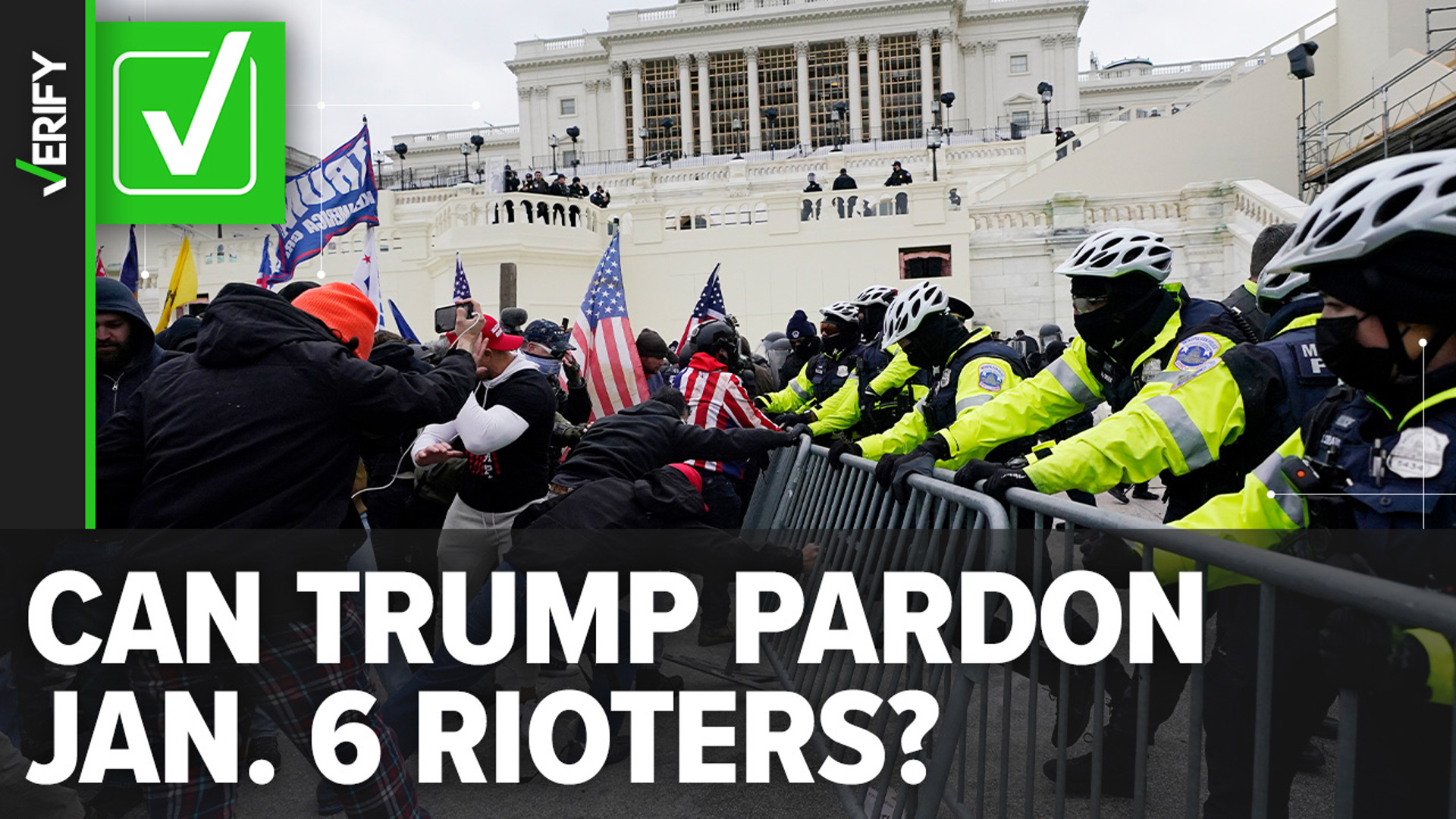ST. PETERSBURG, Fla. — Abortion access in Florida is center stage as the state’s more restrictive six-week ban took effect May 1.
At the same time, voters will have the chance to decide in November whether abortion access should be enshrined in the state’s constitution.
Floridians will see the initiative on their ballot called “Amendment to Limit Government Interference with Abortion,” also known as Amendment 4.
The summary language of the amendment reads: “No law shall prohibit, penalize, delay, or restrict abortion before viability or when necessary to protect the patient’s health, as determined by the patient’s healthcare provider. This amendment does not change the Legislature’s constitutional authority to require notification to a parent or guardian before a minor has an abortion.”
To pass, Amendment 4 needs at least 60% of the vote.
While the language does mention parental notification, VERIFY viewer Mike R. asked if the measure would allow minors to have an abortion without needing parental consent.
THE SOURCES
- Amendment 4 official ballot language
- Florida Constitution
- Financial impact analysis of Amendment 4
- Lou Virelli, Stetson constitutional law expert
- Timothy McLendon, University of Florida constitutional law expert
THE QUESTION
Does Amendment 4 allow minors to have an abortion without parental consent?
THE ANSWER
Amendment 4 doesn’t address parental consent. However, it does say “no law shall prohibit, penalize, delay, or restrict” abortion. Legal experts think it will make Florida’s current law requiring consent unconstitutional, but that will have to be determined in court.
WHAT WE FOUND
Under Florida law, written parental consent is required before a minor has an abortion. The law “could likely be challenged as unconstitutional,” according to analysis of the proposal by the state’s Financial Impact Estimating Conference (FIEC), which estimates the effects of proposed constitutional amendments on government revenues and the state budget.
Florida constitutional legal scholars Lou Virelli and Timothy McLendon also agree that a challenge to the state’s parental consent requirement is likely because Amendment 4 states that “no law shall prohibit, penalize, delay, or restrict abortion before viability or when necessary to protect the patient’s health, as determined by the patient’s healthcare provider.”
Virelli said consent requirements had been prohibited in Florida for decades until just recently.
Florida’s parental consent law became enforceable following the Florida Supreme Court’s ruling in April allowing the state’s six-week abortion ban to take effect.
“Parental consent requirements were prohibited by the Florida Constitution’s privacy clause until the Florida Supreme Court’s most recent decision on April 1 eliminating the right to abortion under the Florida Constitution altogether,” Virelli said.
“Parental consent is not only new in Florida, it is brand new, such that Amendment 4 is really just reinstating Florida law as it has existed since 1989.”
However, the text of Amendment 4 does explicitly address parental notification. It states that “this amendment does not change the Legislature’s constitutional authority to require notification,” referring to Article X, Section 22 of the Florida Constitution, which requires parental notification before a minor seeks an abortion.
Gov. Ron DeSantis has argued the wording of the ballot language is designed to deceive voters.
“Notification is after-the-fact, consent is obviously a condition precedent,” he said in an April 17 news conference. “That is severing the parental consent for minors.”
However, Florida’s Constitution explicitly states notification must happen before a minor has an abortion.
On April 1, 2024, Florida's Supreme Court approved the ballot measure's language, ruling against arguments put forward by Attorney General Ashley Moody that the language would mislead voters.



